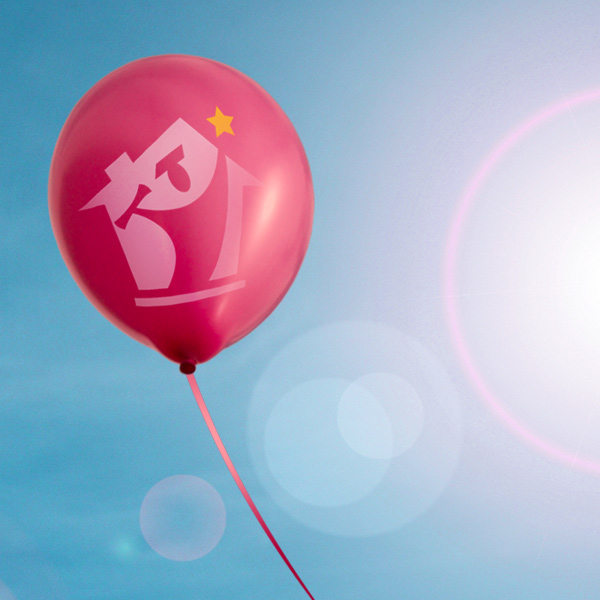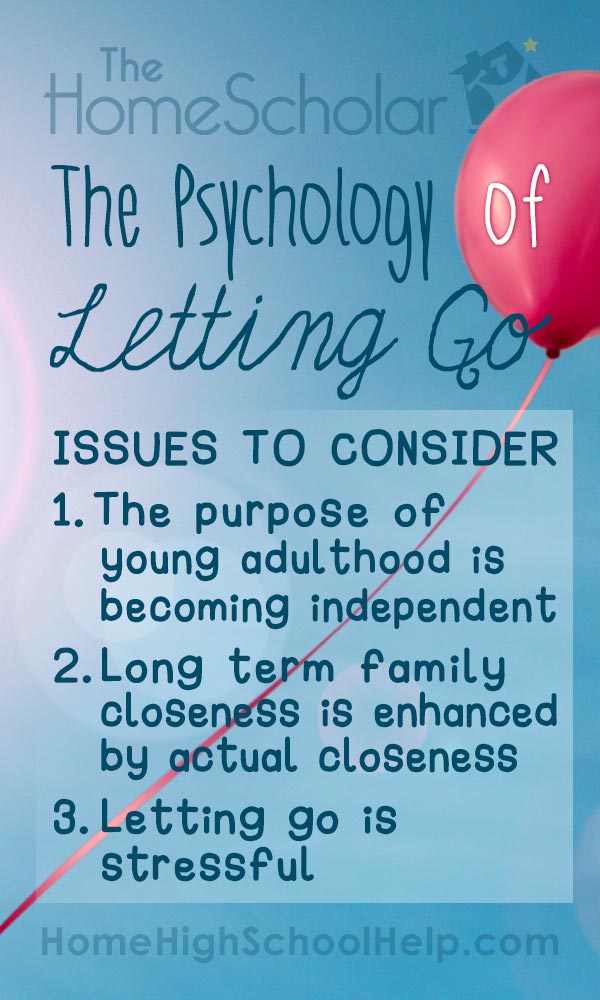The Psychology of Letting Go – A Success Story
Published on May 8, 2023 by LeeBinz
Letting go is tough, regardless of what we are letting go of. Our chocolate addiction, our old high school friends, our adult child. None of it is easy. It’s especially tough for homeschool parents to let go of our adult children.
Joyce and I have worked together for years as part of my Gold Care Club, getting all her homeschool records tidy. It was by far one of the most challenging situations I’ve seen. Her daughter had far below average math test scores and Joyce used a booklet collection curriculum exclusively, which didn’t provide some key academics. But you know what? She worked hard to create the best possible homeschool records. She was encouraged by another mom who said it was worth it – that it was like getting paid $1600 an hour to get those records done.
“I spoke with you numerous times for help with transcripts and college applications, etc. Your help was invaluable, and our daughter was accepted into about 10 schools, and was offered scholarships at pretty much all of them, thanks to your wonderful and very wise help. Our daughter just finished her freshman year at university, studying music. She did quite well and ended with a 3.8 GPA” ~ Joyce
1. Young Adults Should Become Independent
I suppose, on average, a parent will see a child perhaps once a month at this stage. Some once a week, some once a year, I’m sure, but most see their children much less than they expected.
By the way, we are in a stage of adulthood, too. You (and me!) are learning how to be an older adult, accept the consequences of aging, and relationships with grown, adult children. We are trying to decide if we will become stagnant in our lives, or if and how we will move forward and make our lives count.
You want your child to grow into an adult, develop relationships, and not become isolated later in life, so this stage is important. Standing back and letting go is good, and important for long term emotional health.
You can read more about the life stages of adolescents and young adults here: Erikson’s stages of psychosocial development.
2. Emotional Closeness is Enhanced by Physical Closeness
Some parents maintain a great relationship with their kids without physical closeness, but that wouldn’t have worked with my kids. Maybe it’s because they are boys, but they don’t talk to me on the phone or text me. We talk to them only when we see each other in person. Sometimes we meet for an hour over coffee. We invite them to come over for dinner and games. At first, we invited them once a month. Now we invite them once every week or two. They stay for 4 hours and go back home. Since college students develop relationships that last, go to church near college, and often find a spouse at college, we were thankful their college was nearby so we could stay near them as they made these lasting choices.
It is difficult to find a balance between being physically close and the separateness needed to help your child move forward in life, and to help you with letting go when the time comes. You need to be distant enough to allow them to develop as individuals. If you are close to your child’s college, you need to set boundaries. Then stand back. Expect to see your child for a few hours each month, especially in the beginning. Expect them to have a separate life from yours.
And for yourself, work hard to engage in your community, find fellowship with others, and find a meaningful next stage in your own life, with friends of your own. It isn’t healthy or wise for you or your student to be caught in the parent-child relationship and expectations forever.
Letting Go is Stressful
Watching a child leave your home and developing your own independence after the challenge of homeschooling for years can be very stressful! This can cause stress in the marriage and can even cause stress-related illnesses. Psychologically, there are certain stressors in life that can affect your health. Having a child leave home to pursue their own life and passions is one of these big stressors.
You can read more about stressors and health effects here: Holmes and Rahe stress scale.
The solution to this health-related stress problem is to moderate as many stresses as you can control. When you experience big stresses you can’t control, it becomes vital to control the stresses you can control. Avoid making dramatic changes in your life when you can control changes. Treat yourself to a lot of self-care, make sure you sleep well, eat and drink well, and allow yourself time to rest.
I can’t really give advice here, I can only tell you what I know from the psychology I studied in nursing school and college, along with what I did in my own life and why. But I love talking to other homeschool parents, not as an authority, but as a one friend to another friend over coffee. I sure hope this has helped!
For more advice on where to guide your student after high school read my article, Options After High School. For more advice on dealing with an empty nest after your children have moved out, check out this FREE eBook, Letting Go After Homeschooling High School.






